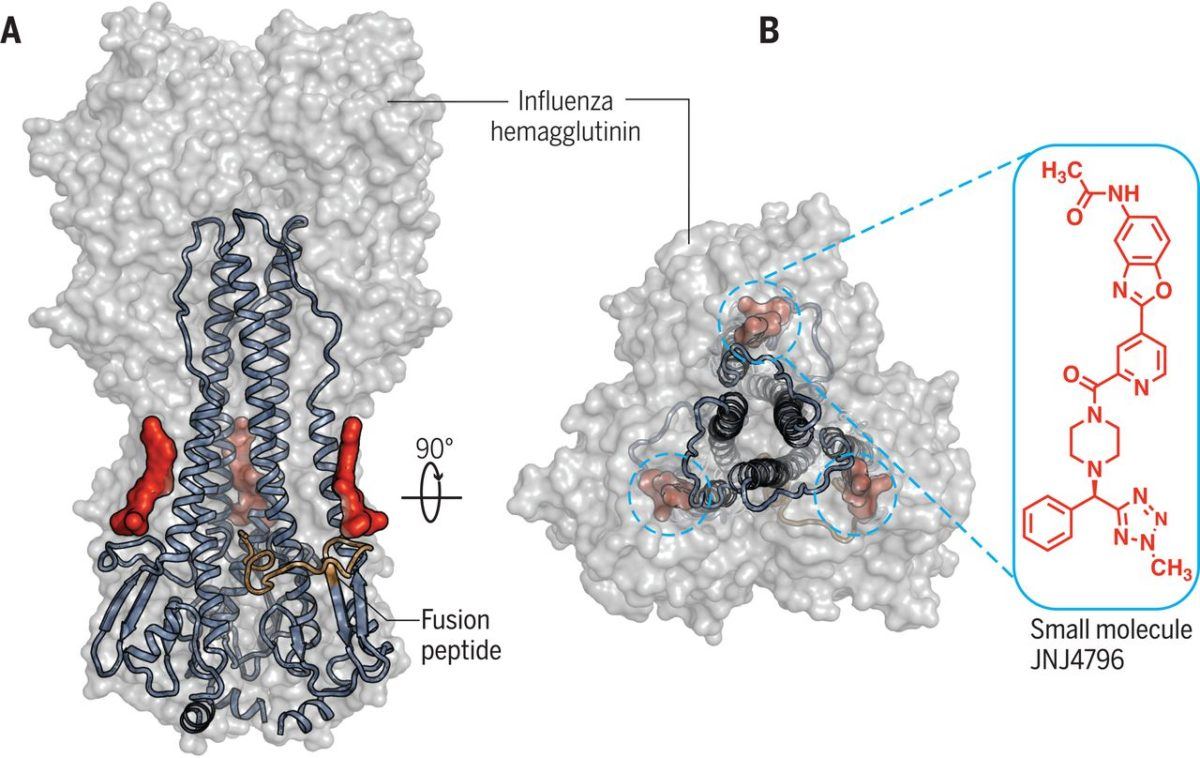hidden
Over 10 years experience of Traceability Solutions

By pharmatrax
Category: News
 No Comments
No Comments
Newly identified molecule could develop universal vaccines against influenza
A small-molecule influenza inhibitor has been found to protect mice against extremely lethal doses of influenza.
Many of us choose to receive the flu vaccine in the winter months in order to protect ourselves from illness caused by the influenza virus. However, these seasonal vaccines can only stretch so far in protecting us against the strains associated with the virus.
Each year, influenza epidemics cause millions of cases of severe illness and hundreds of thousands of deaths worldwide.
But now, researchers have presented a newly identified small-molecule influenza inhibitor, which is capable of protecting mice from extremely lethal doses of influenza.
Researchers found that broadly neutralising antibodies (bnAbs) that target the conserved haemagglutinin (HA) stem of the influenza virus provide hope for the development of universal vaccines.
However, while several bnAbs have been evaluated as passive immunotherapy in clinical trials, antibodies are large and complex molecules that are generally unsuited to oral delivery.
In the study published in Science, the newly identified molecule mimics bnAbs. However, unlike antibodies, small-molecule drugs are well suited for oral delivery and could be a desirable alternative to bnAbs.

Influenza A virus HA in complex with small-molecule fusion inhibitor JNJ4796. Image: Science
The authors of the study singled out a compound that demonstrated a promising ability to bind with a broad spectrum of influenza types and further optimised its chemistry to create JNJ4796 – a bioavailable small-molecule ‘antibody mimetic’ that replicates bnAb functionality.
According to the results of in vivo evaluation, oral administration of the compound protected mice from extremely lethal doses of H1N1 influenza – more than 25 times the median lethal dose – and greatly increased their survivability during continued exposure. Furthermore, the molecule neutralised viral infection in human bronchial epithelial cells.
The study states that the small molecule targets the conserved HA stem region, acts as a fusion inhibitor by inhibiting conformational changes that lead to the post-fusion HA structure, and neutralises a broad spectrum of human pandemic, seasonal and emerging Group 1 influenza A viruses.
According to researchers, the compound holds promise as an urgently sought-after therapeutic option offering a complementary mechanism of action to existing antiviral drugs for the treatment of influenza virus infection. They said it should further aid development of universal therapeutics that prevent entry of influenza virus in host cells.
Source: https://www.siliconrepublic.com/innovation/influenza-flu-vaccine-new-molecule



